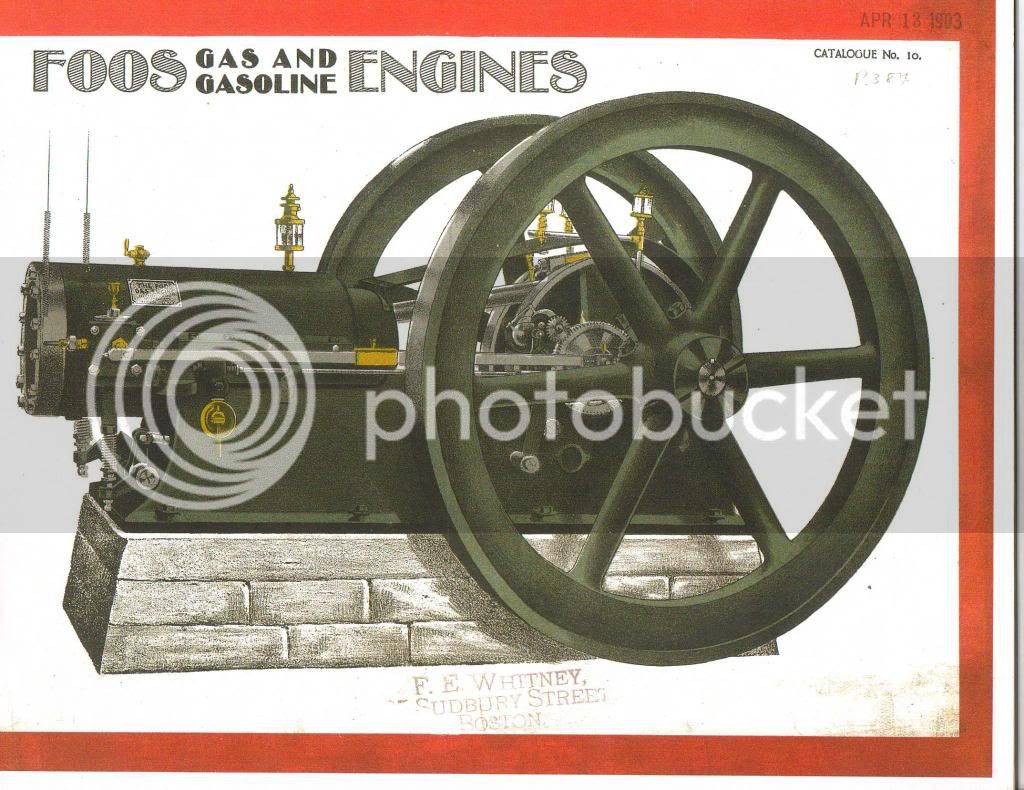Hello all,
Just kinda testing the waters here. I am currently doing research on producing a high end casting kit of a Foos special electric lighting engine.
I have been around hit and miss engines all of my life and this engine is by far the smoothest running of all. With a disc crank and electric wipe ignition it is truley sweet.
I have set up the photogammetry and have permission to take the pictures and get measurements in the next few weeks.
Finding out how much work this is going to be, I thought I'd ask and see how many might have an interest in a kit? Also what would you feel would be a fair price?
I am going to contact Morrison & Marvin to do the casting work, and would like to do 50 to 100 kits with numbered tags.
There will be a LOT of small castings, so I am guessing this will be on the pricey end.
I'm not in this for a profit, just tired of the limited choices out there.

Just kinda testing the waters here. I am currently doing research on producing a high end casting kit of a Foos special electric lighting engine.
I have been around hit and miss engines all of my life and this engine is by far the smoothest running of all. With a disc crank and electric wipe ignition it is truley sweet.
I have set up the photogammetry and have permission to take the pictures and get measurements in the next few weeks.
Finding out how much work this is going to be, I thought I'd ask and see how many might have an interest in a kit? Also what would you feel would be a fair price?
I am going to contact Morrison & Marvin to do the casting work, and would like to do 50 to 100 kits with numbered tags.
There will be a LOT of small castings, so I am guessing this will be on the pricey end.
I'm not in this for a profit, just tired of the limited choices out there.





